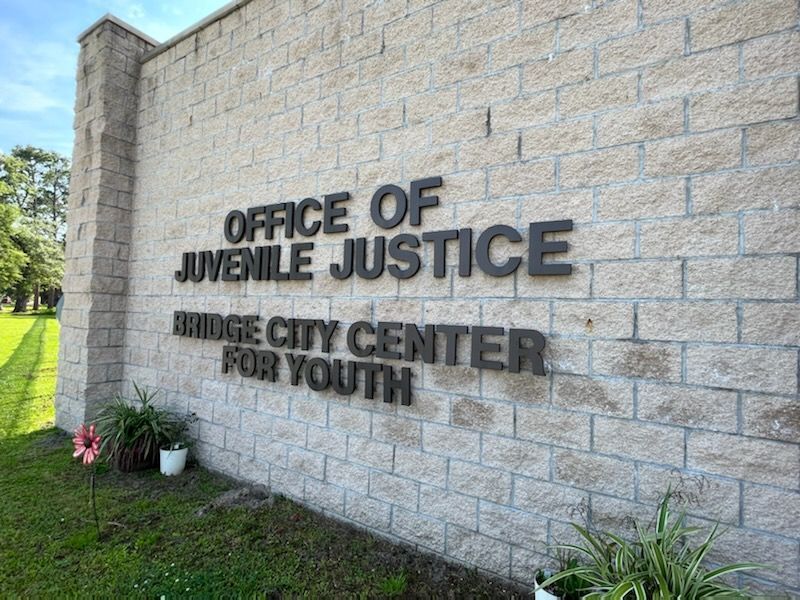Louisiana Amendment Adds Felonies Where Teens Face Adult Charges
On the ballot tomorrow in Louisiana, Amendment 3 expands the list of crimes where teenagers could face being charged as an adult

Louisiana voters heading to the polls tomorrow will vote on Amendment 3, would give the Louisiana Legislature more authority to expand the list of crimes for which a person under the age of 17 could be sent to an adult prison.
Currently, 17-year-olds are considered adults in Louisiana when they’re arrested for any crimes. Changes resulting from Amendment 3 passing would impact children between 14 and 16 years old. in Louisiana, children between 14 and 16 can already can be charged as an adult if they’re accused of these specific crimes, which are outlined in both the Constitution and in state law:
- First-degree murder
- Second-degree murder
- Manslaughter
- Aggravated rape
- Armed robbery
- Aggravated burglary
- Aggravated kidnapping
- Attempted first-degree murder
- Attempted second-degree murder
- Forcible rape
- Simple rape
- Second-degree kidnapping
- A second or subsequent aggravated battery
- A second or subsequent aggravated burglary
- A second or subsequent offense of burglary of an inhabited dwelling
- A second or subsequent felony-grade violation involving the manufacture, distribution or possession with intent to distribute controlled dangerous substances as defined in the law.
The proposed change is to remove this list from the Louisiana state constitution, leaving it only in state law, where lawmakers could expand the list without going to the voters.
A large contingency of groups oppose Amendment 3, ranging from the Louisiana Federation of Teachers, one of the state’s largest unions, to the Leaders for a Better Louisiana, made up of business leaders. Additionally, eight retired Louisiana juvenile justice and prison officials, including two former heads of the state juvenile justice system, a previous director of probation and parole services, and a retired adult prison warden. They released a statement this week encouraging people to vote against Amendment 3.
“The professionals in corrections that worked in this field do not think this is a good idea,” said Mary Livers, former deputy secretary of juvenile justice under Gov. Bobby Jindal. “We do not want to send more kids to adult prisons. That may get people elected but it’s not good policy.”
"The proposed Amendment 3 will disproportionately affect Black people and the state of Louisiana and young people," said J. Christopher Johnson, Founding Executive Director of Mobilizing Millennials Organization. "Especially if want to add more penalties to our constitution for which young people can be charged [and] tried for in adult courts," he said.
Opponents of Amendment 3 also point to scientific studies that show a person’s brain doesn’t fully develop until their mid-20s, meaning younger people who commit crimes have far more capacity for rehabilitation. Teenagers’ lack of brain development also explains why they exhibit poor judgment and commit offenses they might not do once they reach adulthood. The U.S. Supreme Court has found this brain science so convincing, they ruled in multiple cases to limit criminal sentences for minors. The justices abolished the death penalty and life sentences for all crimes except murder for defendants in their adolescence.
You can read more about Amendment 3 in "Some of These Kids Are Already Lost When They’re Two Years Old” at Bolts Magazine. Bolts Magazine reports on the local elections and obscure institutions that shape public policy but are dangerously overlooked in the U.S., and the grassroots movements that are targeting them










